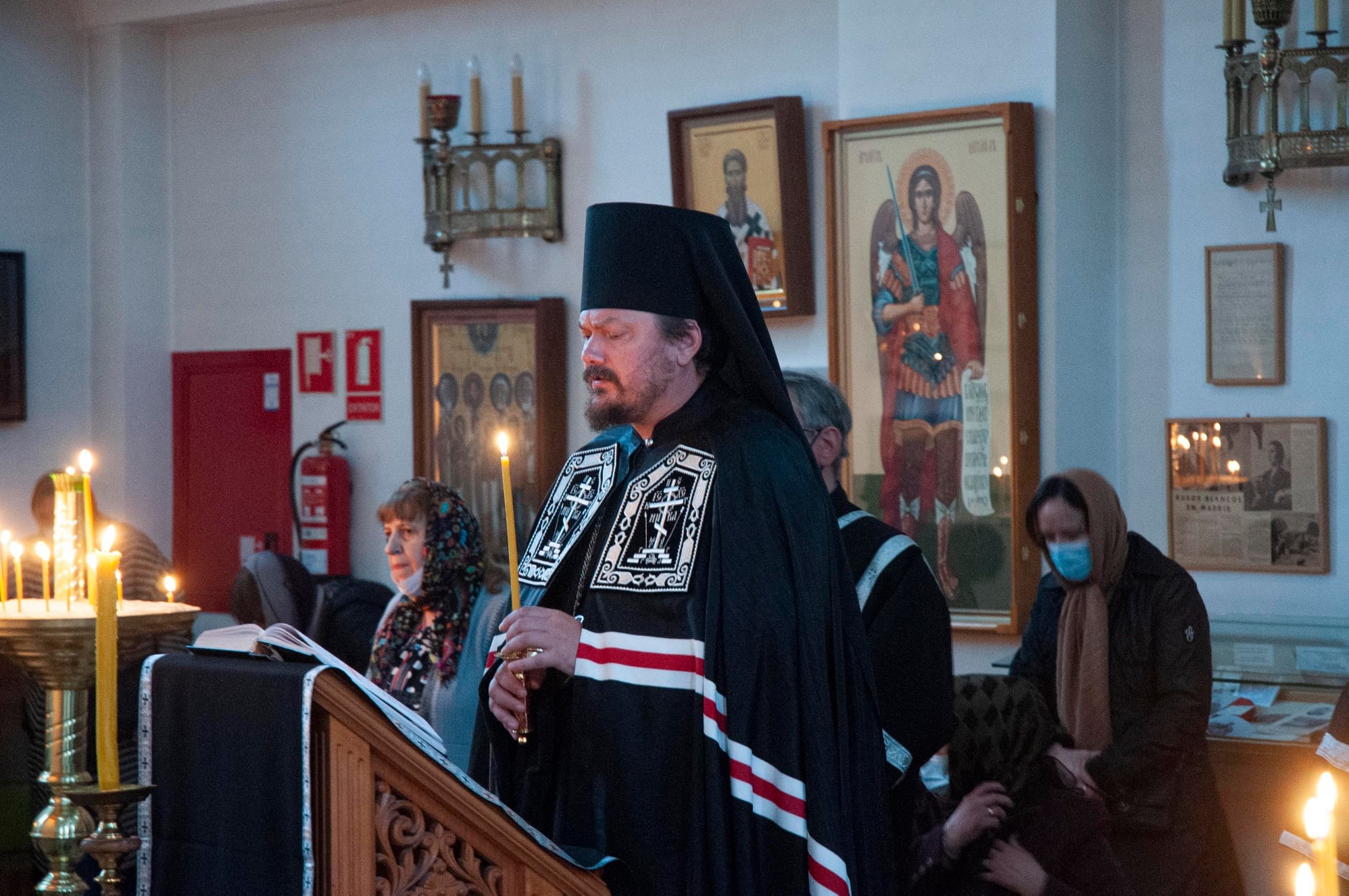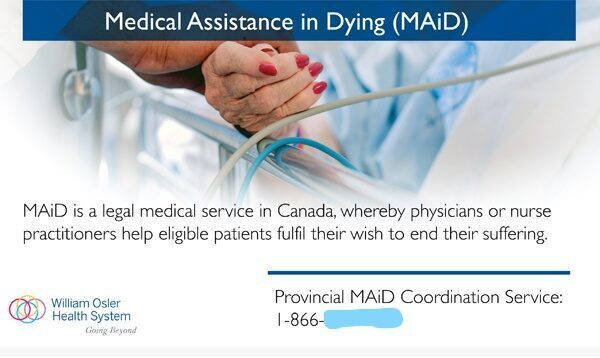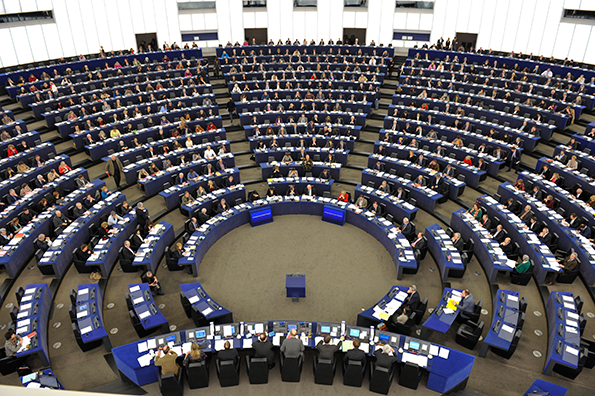Members of the Romanian Community are celebrating their first Christmas in their newly built church in Co Dublin.
The Betania evangelical Christian community of around 1,200 members, was established in Ireland over ten years ago by a small Romanian community, but is open to all nationalities.
As more Romanians arrived in Ireland, the church continued to grow.
In 2015, it purchased a piece of land from Fingal County Council and two years later planning permission was granted for construction.
When the architects and engineers on the design team asked what the budget for the project was, they were told that there was no budget, that the church would “build by faith”.
When the banks told those leading the project that they would not be able to fund the construction, the pastors turned to their own people.
“The whole church came together, and every family or member said, I can give a thousand or I can give five thousand towards the project, and we basically put all the money together,” according to Pastor Avram Hadarau.
That result has been described as “breathtaking”.
The sanctuary is a theatre with seating for 1,200 people, with top of the range acoustics and a high-definition video wall that spans the length of the interior.
It is quite the leap from the first service that was held in an empty field back in June 2018.




















